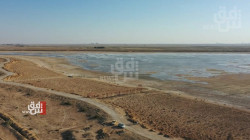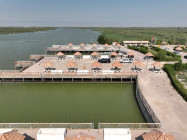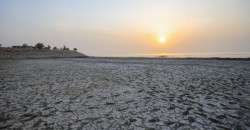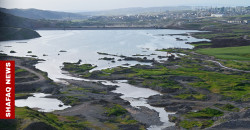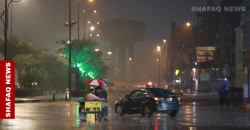Iraqi Hydrogeologist: the worst is yet to come
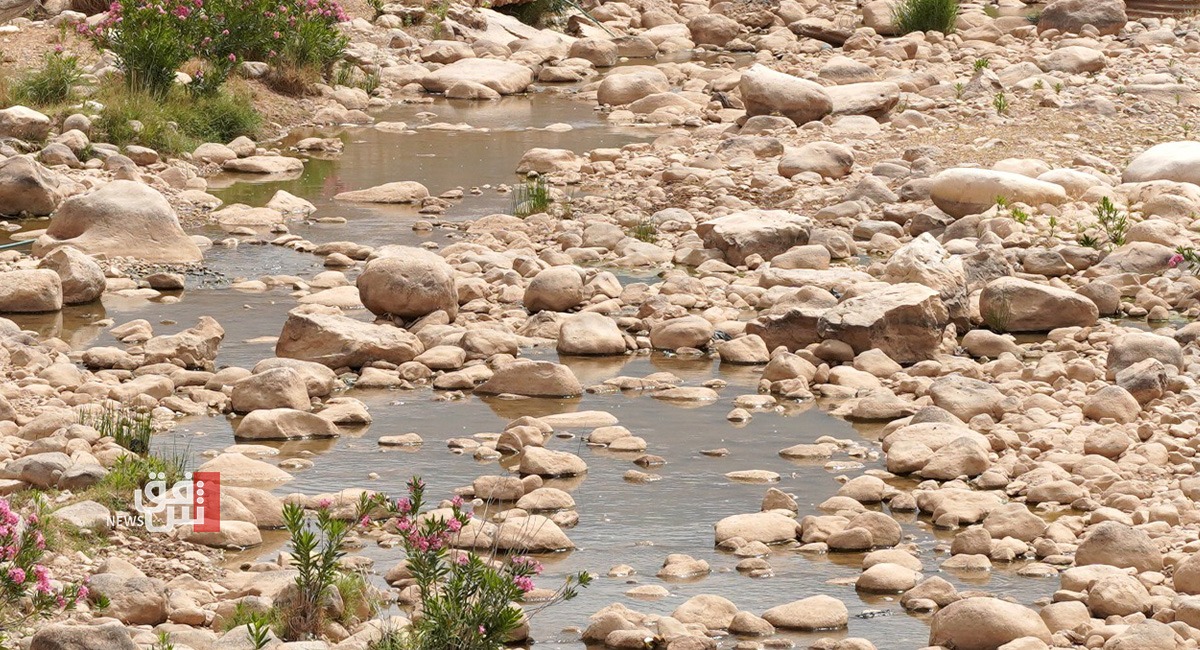
Shafaq News/ Iraq is one of the most vulnerable countries to the effects of climate change. However, it is also one of the biggest polluters. In fact, it is the world's second-worst offender, according to the World Bank, contributing roughly 10 percent of the global flaring greenhouse emissions.
Ramadan Hamza, a water strategist, told Shafaq News Agency that Iraq is going through an exacerbating water crisis that threatens food security and the country's biological and ecological diversity.
Hamza, who works at the International Association for Hydrogeologists (IAH), added that biodiversity in Iraq has been in danger even years before the drought, due to the increasing reports about radioactive contamination that damaged soil and livestock in the country.
Iraq started to lose its natural wealth (rivers, mountains, snowy summits, etc..) after 2003, Hamza said, noting that oil started to pollute oil, soil, and water, in addition to soil erosion.
The crisis was exacerbated in 2018 when the water in Basra was found to be contaminated, and thousands of its residents caught contagious diseases, not to mention the surging cancer rates in Iraq's southern governorates, according to Hamza.
The Iraqi expert indicated that the remaining fish are currently feeding on pollutants (chemical fertilizers used in agricultural projects and medical and industrial waste thrown into rivers), which makes them unfit for human consumption.
"Based on all of this, the Iraqi environment as a whole is polluted, the government's policies in this regard are weak, and displacement waves from southern Iraq are increasing due to the drought that hit the marshes and lakes", he said.
Hamza pointed out, "mismanagement, neglect and corruption" are making the situation much worse.
However, Iraq still has hope, Hamza noted, and this is because it has a huge budget and a distinguished geographical, and geopolitical position.
"Iraq also has brilliant minds, intellectuals, and experts, but corruption makes it all in vain", he added, warning that the "worst is yet to come" if the concerned parties do not take serious, immediate action.
